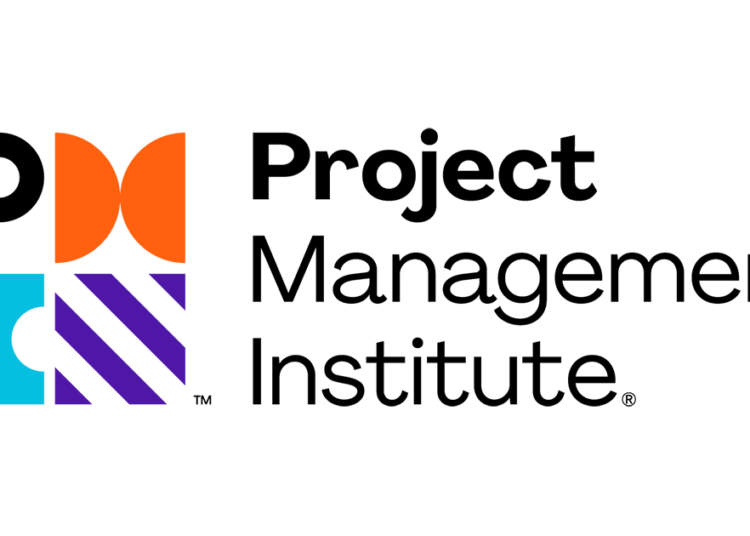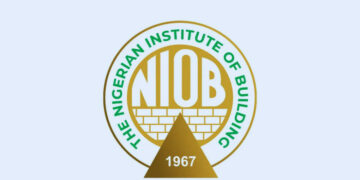Project Management Institute (PMI) said that African governments, development partners, and businesses must act now to integrate project management training into climate finance and just transition plans.
The managing director, PMI, Sub-Saharan Africa, George Asamani, while reacting to calls on African countries to transit into green energy, noted, “Africa’s green transition will not succeed solely on goodwill.. Building capability must be accompanied by building capacity. If climate investments continue to outpace human investments, the gap between ambition and delivery will only widen.”
Across Africa, he noted that deliberate reskilling is already underway, stressing that, in Nigeria, engineers from the oil and gas sector have been redeployed to solar and energy-efficiency projects through national transition initiatives.
“In Kenya, the expansion of geothermal energy has created new opportunities for technicians formerly employed in thermal power. In Rwanda and Morocco, energy workforce programmes have successfully redeployed engineers and technicians from mining and fossil sectors into hydropower and wind operations. In Ghana, the Bui Power Authority has retrained hydropower and thermal engineers to manage the country’s growing solar and hybrid projects, demonstrating how energy expertise can evolve in response to market demands,” he stated.
He pointed out that much of the global climate conversation to date has focused on policy and finance: “But the real make-or-break factor lies elsewhere, in human capability. Without a deliberate plan for reskilling, the continent’s green shift could create as many redundancies as green jobs. This perspective is rarely viewed through the lens of talent: How will this transition impact those employed in the fossil-fuel economy, and how will new talent be developed to build and manage future industries?”
According to the PMI Talent Gap Report (2025–2035), Sub-Saharan Africa will need between 1.6 million and 2.1 million additional project professionals by 2035, an increase of up to 75%. Yet, education and training systems across the continent aren’t keeping up. The result is a skills deficit that threatens to stall progress in the sectors most central to the energy transition: construction, energy, infrastructure, and technology.
Data from the Project Management Institute suggests that about 10% of global project investment is lost annually due to poor performance. In Africa’s infrastructure pipeline, that translates into billions in wasted investment. This is where project management becomes the unsung cornerstone of Africa’s green economy. A just transition demands talent transformation, the deliberate effort to retrain and redeploy workers from the old energy economy into the new one.
He assured that PMI is already collaborating with governments, academia, and industry across Africa to strengthen project delivery capability, adding that these partnerships are embedding project management frameworks into public infrastructure initiatives, while universities are integrating PMI-aligned curricula to prepare a new generation of professionals for project-based roles in the green economy.
He said that by prioritising skills development alongside climate ambition, Africa can ensure that its energy transition is visionary and viable.
PMI is an authority in project management, dedicated to guiding the way to project success. Since 1969, PMI has highlighted the power of project management and the people behind the projects.





